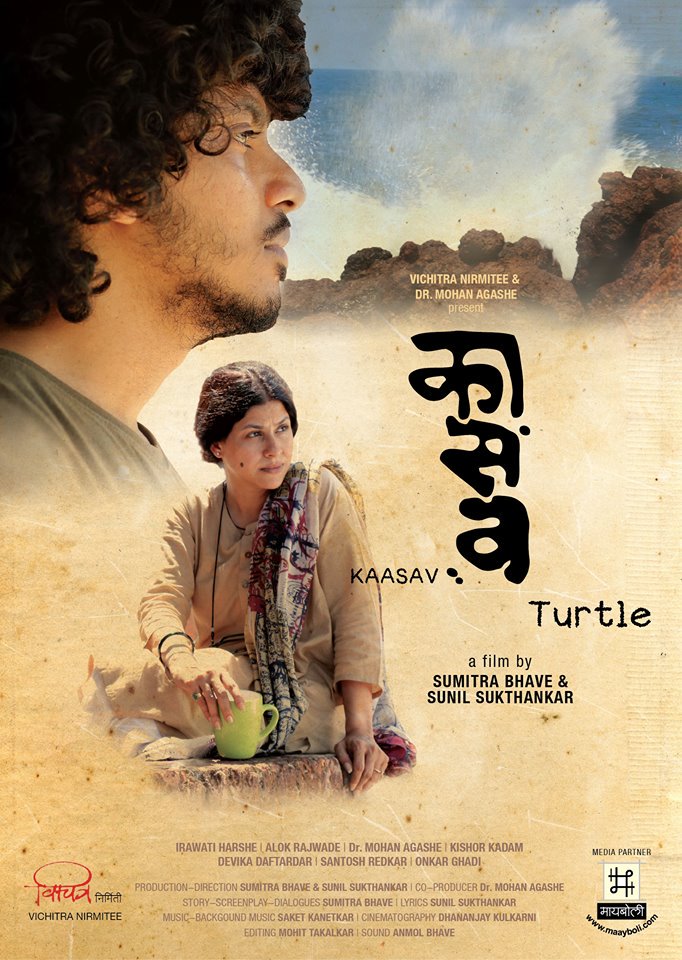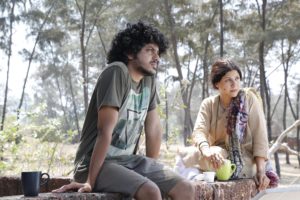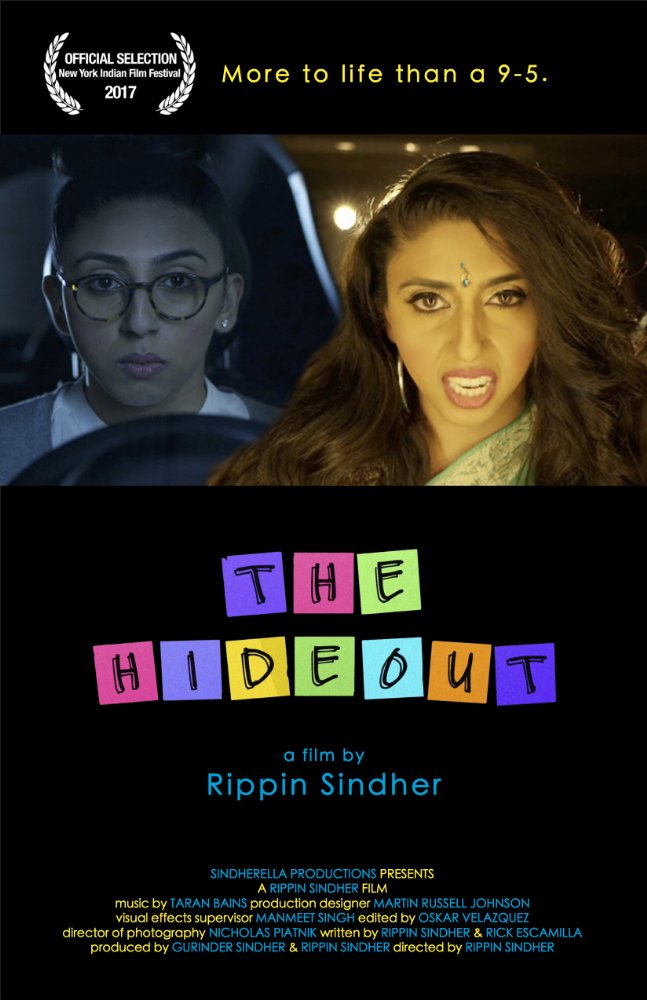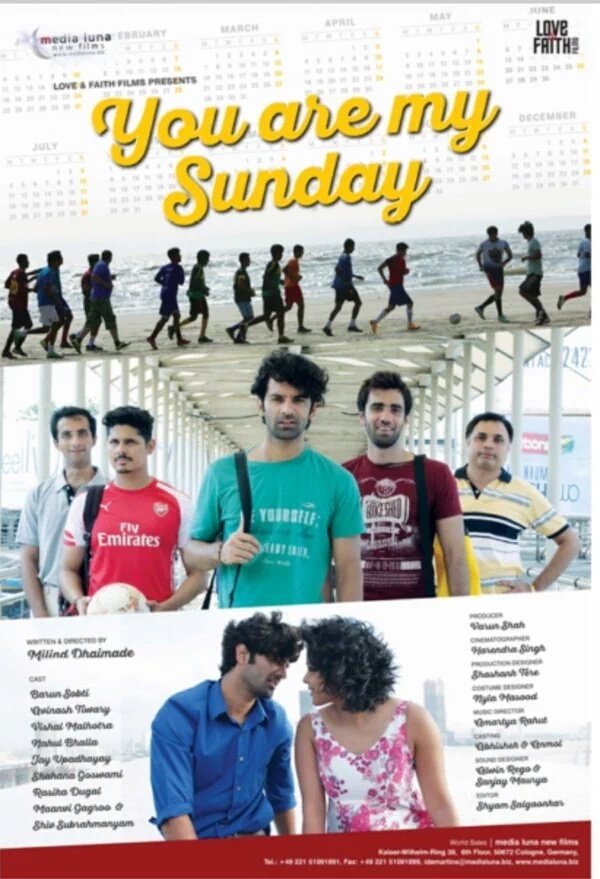
NYIFF 2017 Film Review “Kaasav (Turtle)”
WATCH THE TRAILER HERE
First, the Recap:
Fleeing from ourselves. The turmoil, whether outside or within, can erupt into a seemingly endless river of emotions, driving us to or away from the help we actually need. In these attempts to seek solace, or release, from the pain, either fulfilling or potentially devastating decisions can manifest. In a coastal village, one such troubled soul named Janaki (Iravati Harshe). a divorcee from the United States, has come seeking peace via a sea-turtle conservation project. One day she happens into a situation involving a young man, Manav (Alok Rajwade), homeless and in dire straits after taking flight from a hospital post-suicide attempt. Sick, weary, resistant to being coddled, and unwilling to speak, Janaki’s heart goes out to him.
Taking him in at the oceanside home her research is based out of, all initial attempts to assist Manav continue to be met with inaction, non-responsiveness, or fervent disdain, much to the consternation of Janaki’s driver/assistant Yadu (Kishore Kadam). Refusing to give up on Manav despite Yadu’s protests, Janaki keeps slowly coaxing Manav out of his highly protective shell and emotional distance by consistently offering an atmosphere of transparency, trust, non-judgement, and acceptance, all of which begins to impact his attitude in new and unanticipated ways. Soon, with the additional help of a local boy Parshu, the house servant Bablya, and conservationalist Dattabhau (Mohan Agashe), Manav and Janaki bond and find that they are actually helping each other heal from life’s storms.
Next, my Mind:
Using a surprisingly illuminating and underlying mental image of how a mother turtle lays her eggs but then, via conjecture, reluctantly leaves them to hatch and fend for themselves as a parallel to the greater narrative being offered here, there is no denying the immensely powerful, compelling, stirring, heartfelt reality of one woman’s simple act of kindness transforming a life that in turn so deeply reverberates in her own search for harmony. Having come off winning the prestigious National Award for their effort, director Sunil Sukthankar and co-director/writer Sumitra Bhave deftly carry the viewer into the world of two damaged individuals and present a story that investigates not just base depression and its haunting, paralyzing traits, but also the dichotomy found in apathy vs. empathy and dispassion vs. compassion when it comes to Janaki’s choice to care and nurture Manav in a motherly way while others around her profess doubts of what results will ever come of it, especially given Manav’s blatant rejection of her help initially.
Harshe is superb in her role as Janaki, a woman whose huge heart of concern, sensitivity, and solicitude towards Manav likewise brings out her own fragile state of being when his contrary behavior disrupts her own sense of elusive inner peace. Yet, even in those moments of unsettled panic, it is still evident how deeply she cares for his well being. Even with their circumstances being different, there’s a kindred spirit in Manav, that he ultimately sees in her, creating a bridge of closeness and love that is truly affecting, which Harshe enacts wonderfully.
Aloke is no less incredible as Manav, a agonized soul, bound by despondency, who has already tried to find “release” from it via suicide. With this having failed, his closed-off demeanor and highly detached, reticent manner becomes his shell, only choosing to reveal himself when finally feeling a sense of security with Janaki, then bit by bit, with certain others who are now within his circle. As he opens to people helping him, he in turn begins to appreciate and help others, and this mitigation of pain is a beautiful awakening to see, played the entire time by Aloke with such passion and urgency.
The supporting players, including Kadam as Yadu, the hesitant, and often humorous, voice of support for Janaki when it comes to Manav, and Agashe as the elder conservationalist who understands and sees the importance of Janaki’s undertaking, all provide fantastic and very key characters that enhance the overall journey being taken by the primary leads. However, make no mistake, this really is through and through an ensemble effort. With its mesmerizing musical sequences, a finale that will have you in tears with its “fresh start/new life begins” thematic emphasis, and uncomplicated yet acutely contemplative execution, “Kaasav” addresses its message with conviction and hope, very firmly illustrating that when we’re willing to recognize need and foster restoration, it promotes coming out of the fog onto calmer seas.
As always, this is all for your consideration and comment. Until next time, thank you for reading!




